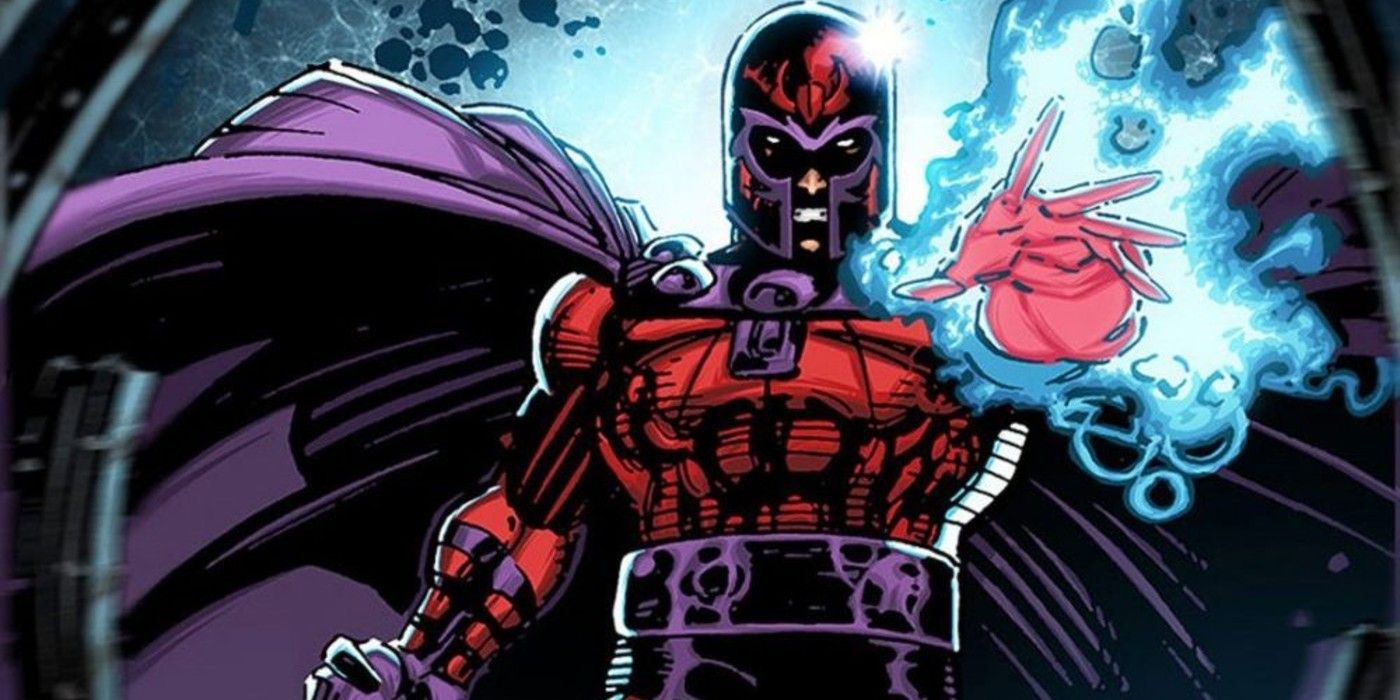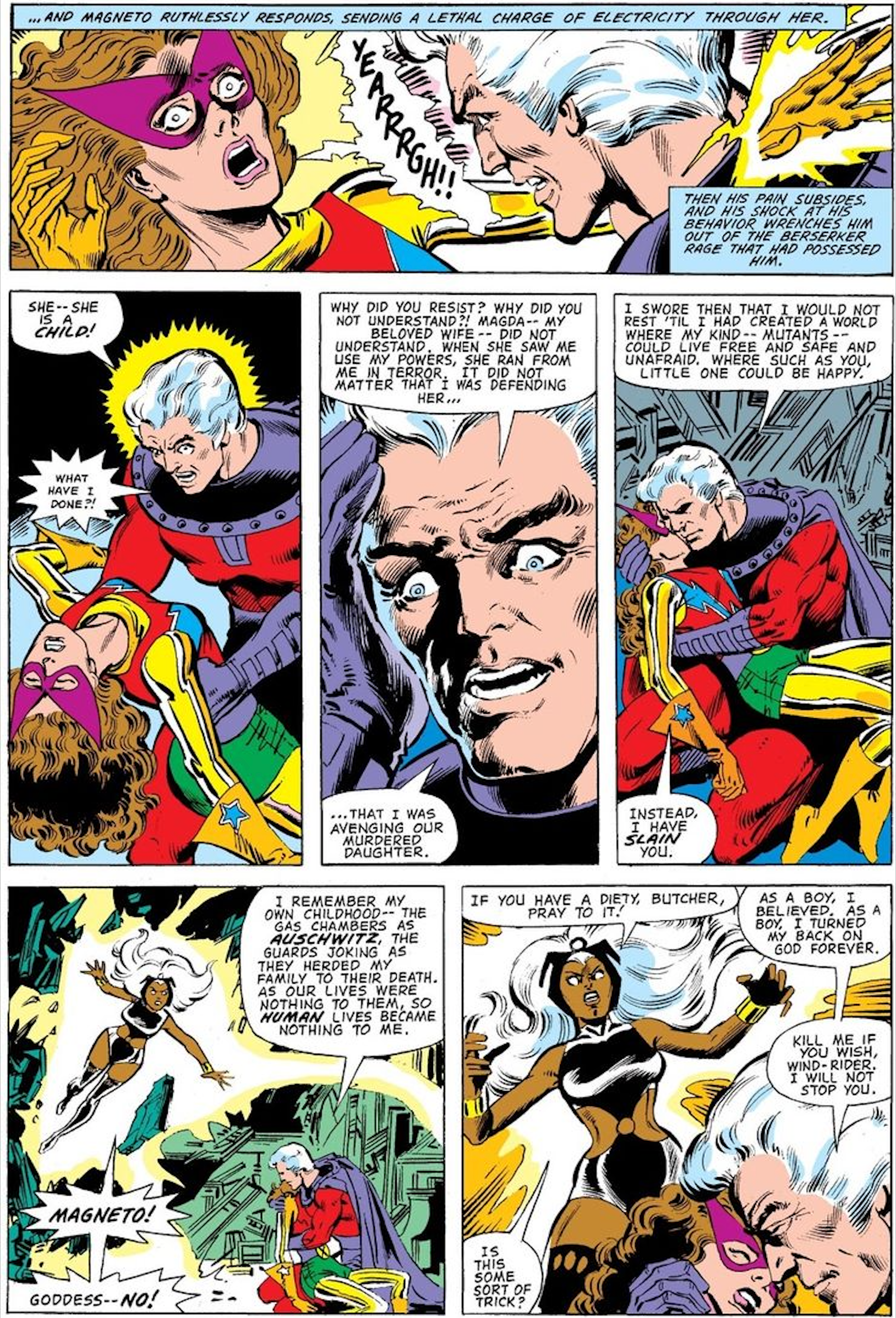When Stan Lee created the X-Men in 1963, he had no idea that the team of mutants would one day blossom into a franchise juggernaut - but ultimately Lee had very little to do with the X-Men's modern-day success. The mutants of yesteryear are a far cry from the diverse selection of three-dimensional characters one would see in the 70s and beyond. Much of the growth is owed to the writer Chris Claremont, who revamped the entire franchise with multiple changes, but the most effective was the rewriting of the simple Magneto into a sympathetic figure.
With the release of The Uncanny X-Men #1 in 1963, Stan Lee introduced the world to the mutants (he originally wanted the book to be called The Merry Mutants, but Marvel editorial forced him to use X-Men instead). The very first villain that Professor X's first class of students ever faced was Magneto, a mutant with the power to manipulate magnetic fields and by extension most metal around him. He was a perfect villain for the new technological age of the early 60s, but aside from a friendship with Charles Xavier, he wasn't much beyond a simple mutant supremacist.
In Uncanny X-Men #150, new writer Chris Claremont drastically changed the already-powerful Magneto's backstory, cementing the character as a fan-favorite. As a Jew and a survivor of the Holocaust, readers suddenly saw Max Eisenhart's actions in a whole new light; a man who had lived through the worst that humanity has to offer would of course resent humans' treatment of mutants. Marvel, making the connection between mutants and Jews, revealed more and more Jewish mutants - all thanks to Magneto.
Bobby Drake, better known as the hero Iceman, was revealed to be Jewish in a later issue (and was also revealed to be gay in All New X-Men #40 in 2015). Kitty Pryde, Shadowcat, was also revealed to be Jewish - and her grandfather Samuel Prydeman survived the Holocaust, similar to Magneto himself. In addition, Magneto's children Quicksilver and the Scarlet Witch are also Jews, though this isn't always touched upon. Claremont clearly wanted to draw a comparison between mutants and other marginalized groups - Jews, African-Americans, homosexuals, and any other people who experienced decades, even centuries of persecution.
In the early years of Marvel, an unspoken taboo of sorts prevented Stan Lee and the company from diving too far into religious themes. But Chris Claremont believed that the X-Men could be a stand-in for persecuted groups, and so many of his team (debuting in Giant-Sized X-Men #1) consisted of minorities, like Storm for example. Thus, the X-Men grew well beyond anything Stan Lee could have possibly imagined, all thanks to Magneto.


